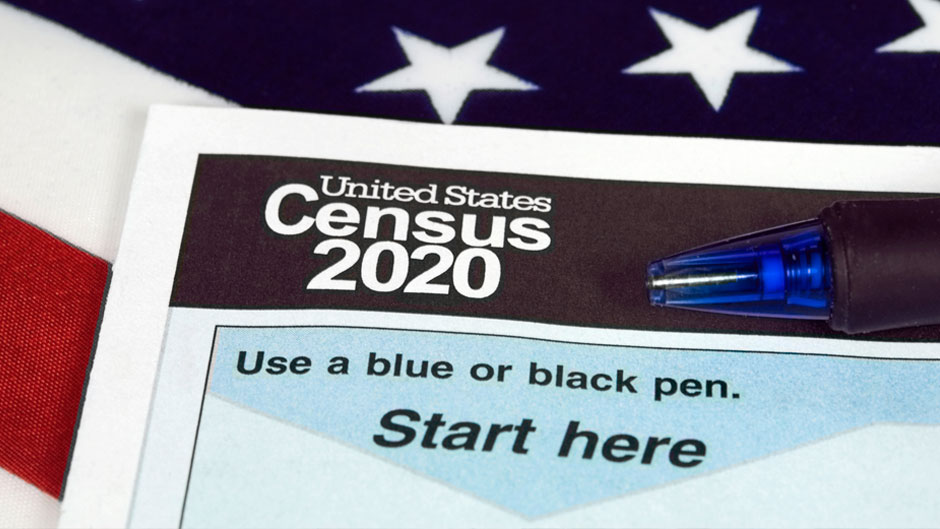Whenever government officials make the decision to send resources to an area impacted by a natural disaster or other state of emergency, they look to one place to determine exactly how many resources to send.
They look at the most recent census figures and determine how many people live in that community.
This is one of the many reasons why participating in the upcoming 2020 Census is important. Census results affect much of our day-to-day lives.
“The Census is crucial to our society,” said Rudy Fernandez, senior vice president for public affairs and communication and chief of staff to the president at the University of Miami. “The federal government uses census numbers to allocate more than $675 billion in federal funds annually for community programs and services—such as education programs, housing and community development, health care services for the elderly, and job training.”
Mandated by the U.S. Constitution, the census is conducted every 10 years. Its goal is to count each person in the United States. It is estimated that there are currently 327 million people living in the U.S.
Beginning in early March, millions of U.S. residents started to receive an invitation to respond to the census either online, by phone, or by paper questionnaire. This year, for the first time, the census will initially ask the population to fill out the questionnaire on the internet.
If this is not done, the U.S. Census Bureau will send reminders. If there is still no response, a printed version of the questionnaire will be sent by mail. If there is still no reply, the U.S. Census Bureau will send census-takers to those homes. The nonresponse follow-up will start in late May, and will end Aug. 14. Some of the information required from each person includes name, sex, age, date of birth, and race.
The Census Bureau counts each person once and only once.
Many U.S. residents have expressed concern that their answers could be used against them. This is a fear for undocumented residents who worry that they may be deported. Answers to the census are completely confidential and are not shared with any other government agency.
“The Census Bureau is required by law to protect any personal information and keep it strictly confidential,” said Fernandez. “The Census Bureau can only use your answers to produce statistics.”
One of the most important uses for the census data is to allocate the appropriate number of political representatives for each state.
“The census is absolutely vital to the U.S. government and to every community across the country,” said Gregory Koger, professor of political science and an expert on the U.S. Constitution. “The constitutional purpose of the census is to ensure the fair allocation of seats from the U.S. House of Representatives. Every 10 years these seats are reallocated based on the U.S. Census.”
Since the size of the U.S. House of Representatives stabilized at 435 in 1910, for example, Florida's House delegation has grown from four seats to 27, largely because of population growth and at the expense of midwestern and northeastern states, said Koger.
Local governments also use census data to carve up states into electoral districts for Congress and state legislatures.
State and local governments utilize census information for planning and allocating funds for new school construction, libraries, highway safety, and public transportation systems as well as new roads, bridges, and in deciding the location of police and fire departments.
“The importance of census data for education is hard to over-emphasize,” said Laura Kohn-Wood, dean of the University’s School of Education and Human Development. “Billions of dollars of education-related funds are allocated to states based on census numbers that take into account both population counts and poverty estimates. It is critical that accurate counts are provided so communities can get a fair share of federal and state funding for their schools.”
These funds include families who have recently immigrated to the U.S., those for whom English is not their first language, as well as children whose families do not have stable finances or housing or who live in shared custody or non-traditional households, she added.
Educators use funding allocations so that schools can provide specialists for reading or language instruction as well as provide free breakfasts or reduced-cost lunches for children.
These figures also help to improve teacher quality in under-resourced areas, to reduce class size, and to provide preschool programs like the voluntary prekindergarten education program, and Head Start for low-income children, said Kohn-Wood.
Visit https://2020census.gov/ for more information on the U.S. Census. People have until Aug. 14 to respond online, by phone, or by mail.

